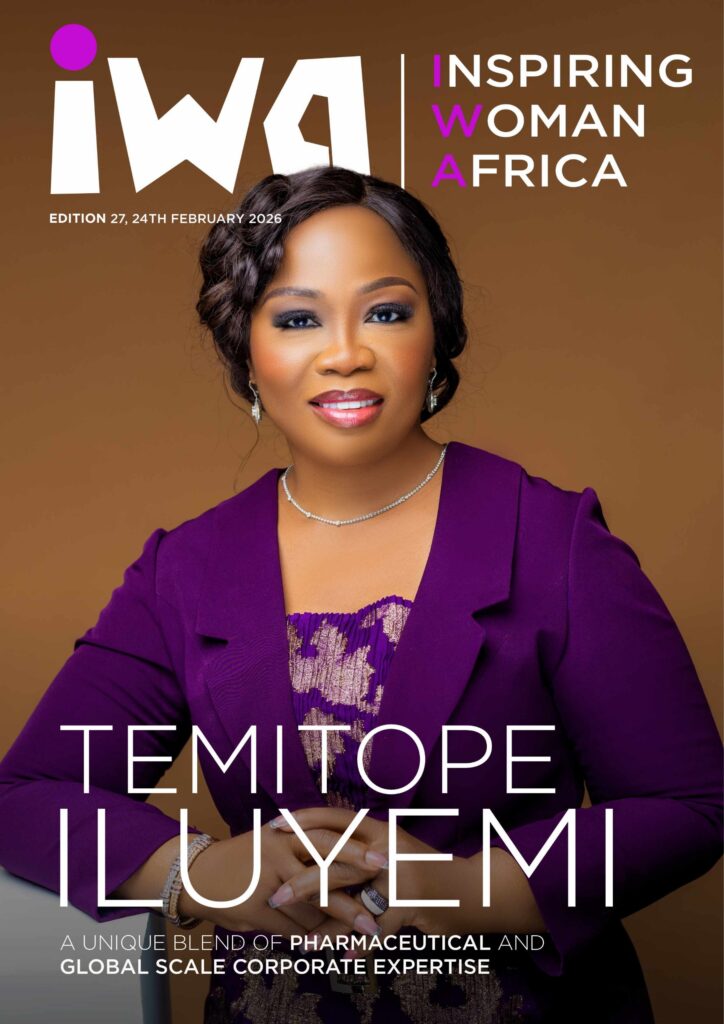
There was a time when leadership was measured almost exclusively by technical brilliance, academic pedigree, and strategic vision. But in today’s boardrooms, project teams, and executive corridors, there is a quieter (yet more powerful) currency at play.
It is called emotional intelligence. And it is, quite frankly, a leadership superpower.
Because in a world where people are navigating pressures, personality clashes, cultural differences, and life’s hidden burdens, it is not just what you know that sets you apart, but how well you understand and manage the human dynamic.
When IQ Is not Enough
Many high-performing professionals are promoted based on competence, only to struggle with influence. They lead with logic, but not with empathy. They drive performance, but bruise people in the process. And slowly, they lose trust.
This is the Achilles’ heel of leadership without emotional intelligence.
Daniel Goleman, who popularized the concept, broke emotional intelligence (EQ) down into five core components: self-awareness, self-regulation, motivation, empathy, and social skill. These are not “soft” skills, they are core competencies for anyone tasked with leading people.
Especially in today’s world of hybrid teams, generational diversity, and heightened workplace tensions.
The Cost of Emotional Illiteracy
I have seen entire teams unravel because of a leader’s inability to read the room.
Brilliant ideas crushed by arrogance. Talented people walking away because they felt unseen. Conflict escalated because no one paused to listen, reflect, or de-escalate.
The higher we rise, the greater the emotional weight we carry. And if we do not steward it wisely, we cause harm. Even if unintentionally.
Leadership is not just about driving performance. It is about managing energy, nurturing trust, and creating cultures where people can thrive and not merely survive.
Emotional Intelligence in Action
Decision-Making: Emotionally intelligent leaders do not just react. They respond. They know when to pause. They ask for context. They resist the temptation to lead from ego or fear. Their decisions are grounded in wisdom, not just instinct.
Conflict Resolution: No workplace is without tension. But emotionally intelligent leaders do not avoid conflict. They navigate it. They separate issue from identity. They stay grounded in conversations that would rattle others. They mediate, not manipulate.
Influence and Presence: We follow leaders who see us. Who affirm value without flattery. Who bring calm to chaos. Who can challenge us without crushing us. That is not charisma. That is EQ.
The Spiritual Lens
As a woman of faith, I have come to see emotional intelligence as a spiritual discipline. The Bible says in Proverbs 16:32, “He who is slow to anger is better than the mighty, and he who rules his spirit than he who captures a city.”
Leadership is not only external. It begins with the internal. If we cannot govern ourselves, we cannot govern others.
Jesus Himself modelled this. He noticed pain others ignored. He asked questions before offering solutions. He wept with the grieving, paused for the broken, confronted hypocrisy, and still spoke truth in love.
That is the ultimate emotional intelligence.
Leading with Heart and Clarity
As executives, we often face enormous pressure, deadlines, politics, tough calls. It is tempting to harden ourselves emotionally just to survive. But numbing our emotional intelligence is not strength, it is a liability.
We must learn to lead with both heart and clarity. To be tough on issues, but tender with people. To self-regulate so we do not weaponise our moods. To develop social awareness that makes every person in the room feel seen and safe.
Because leadership is not about managing outputs. It is about inspiring people, and people are emotional beings.
Final Thoughts
In today’s complex workplaces, IQ may get you hired. But EQ is what sustains your leadership. It is what allows you to manage change without chaos. To navigate politics without pettiness. To build teams that do not just comply, but commit.
And in the end, it is not just your brilliance they will remember, but how you made them feel. So sharpen your mind. Yes. But also, tend to your heart.
Because emotional intelligence is not soft. It is supernatural strength, practiced with grace.
Wola Joseph-Condotti is the Group Managing Director/CEO of West Power & Gas Limited. A Harvard-trained lawyer and passionate advocate for faith-driven leadership, gender equity, and energy transition in Africa, she writes from the intersection of power, purpose, and personal growth.
Latest Posts
-
Feb 24, 2026 Busie Matsiko
-
Feb 24, 2026 Seven Money Moves to Make Today






